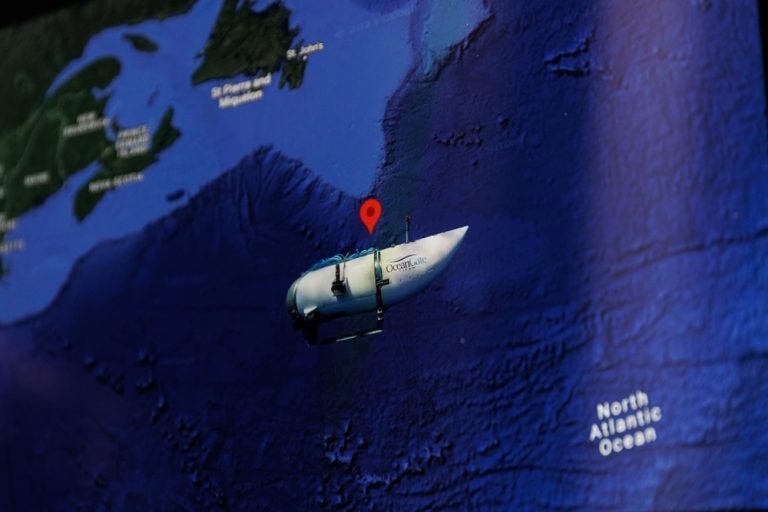Coast Guard slams profit-first culture and safety failures
The catastrophic implosion of the Titan submersible that killed five people near the Titanic wreck in 2023 was the result of a series of preventable failures, according to a new 327-page report released by the U.S. Coast Guard. The investigation highlighted OceanGate’s toxic internal culture, weak safety standards, and disregard for expert warnings as major contributing factors to the disaster.
Investigators concluded that OceanGate prioritized speed and profitability over safety protocols, operating the Titan outside established submersible regulations and norms. Former employees described a culture of intimidation where safety concerns were dismissed and whistleblowers were fired or threatened. “OceanGate repeatedly prioritized operational goals and financial considerations over safety,” the report stated.
Ignored warnings and compromised materials
Among the most severe failures was OceanGate’s continued use of the Titan despite repeated incidents and concerns about the vessel’s structural integrity. The report details how the submersible’s carbon fiber hull had been compromised, yet the company failed to conduct adequate safety testing or engineering assessments. Investigators found that proper testing of bonding capabilities and material resistance under extreme pressure was either skipped or insufficient.
Internal documents and testimonies revealed that CEO Stockton Rush pushed ahead with dives despite warnings, including after a lightning strike damaged the Titan. One engineer, Tony Nissen, testified that he was fired after refusing to sign off on a dive he believed was unsafe. Mission specialists also reported that Rush dismissed concerns during test dives, at one point reportedly saying, “I’m going to get a dive in, even if it kills me.”
Leadership vacuum and systemic issues
The report heavily criticized the centralized power held by Rush, noting that decision-making was concentrated entirely in his hands. OceanGate had a board of directors, but it played no meaningful oversight role. Safety officers who challenged Rush’s methods were removed, and the rest of the team quickly learned to remain silent.
OceanGate’s financial pressures exacerbated the safety crisis. By 2023, the company had begun asking employees to forgo pay, and internal sources admitted that economic strain directly affected their ability to maintain even minimal safety standards. The price for the Titanic dive experience had surged from $105,000 to $250,000 per passenger in just two years, as the company sought to boost revenues despite mounting risks.
Delayed response and gaps in regulation
The Titan lost communication during its descent on June 18, 2023, but the protocol required surface searches before alerting emergency services. It wasn’t until hours later that authorities were notified, delaying the multinational rescue effort. Days later, debris confirmed the sub had imploded almost instantly at 10:47 a.m. that same day.
The report called for major reforms to how submersible missions are regulated. It recommended federal and international authorities implement stricter oversight, require formal emergency response plans, and enforce clear safety standards for deep-sea expeditions. Investigators emphasized the urgent need to close regulatory loopholes that allow private companies to bypass safety in experimental operations.


